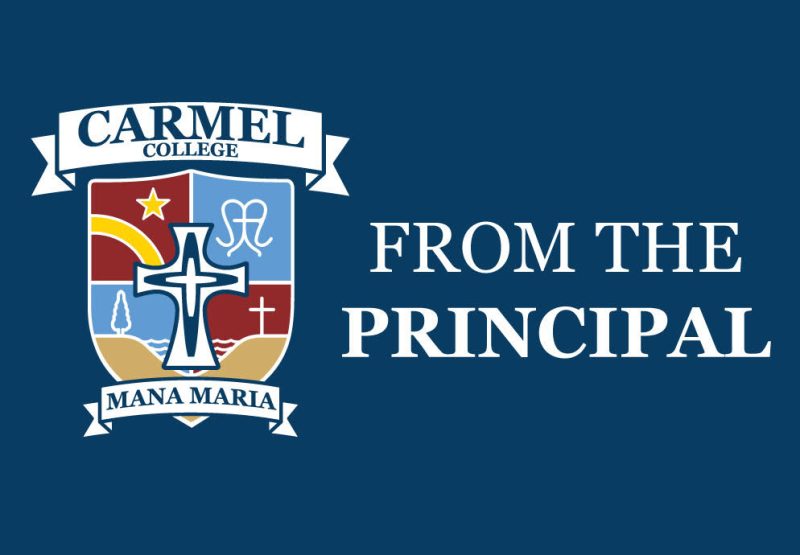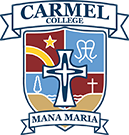Tena koutou katoa. Nga mihi nui atawhai.
‘Generalise, don’t specialise: why focusing too narrowly is bad for us’ – this was the title of an article that caught my attention recently. Link to full article.
The author, David Epstein, uses the stories of Tiger Woods and Roger Federer as comparisons of two totally different pathways to outstanding success in their chosen sport. Woods’ father ensured he specialised in golf from an early age, following the 10,000 hour rule about dedicated practice whereas Federer’s parents ‘had no particular athletic inspirations for him’ and ‘encouraged him to try a wide array of sports’.
Epstein points to ‘the professed necessity of hyperspecialisation forms the core of a vast, successful and sometimes well-meaning marketing machine, in sport and beyond’. As he researched more, he ‘was stunned’ to find ‘an enormous and too-often ignored body of work demonstrating that learning itself is best done slowly to accumulate lasting knowledge, even when that means performing poorly on tests of immediate progress’.
This research could have application in two areas of learning in our college. Firstly, in feedback from students in the recent survey, one of the key themes was that the students wanted teachers to slow down and allow them more time to actually learn. Secondly, it is time for our senior students to choose their subject options for next year and this research encourages our students to make sure they have breadth in their learning rather than specialising too early.
As Epstein summarises: ‘Learning about the advantages of breadth and delayed specialisation has changed the way I see myself and the world. The research pertains to every stage of life, from the development of children in maths, music and sports, to students fresh out of college trying to find their way’. He ends by stating that we need more Rogers – ‘people who start broad and embrace diverse experiences and perspectives while they progress. People with range’.

